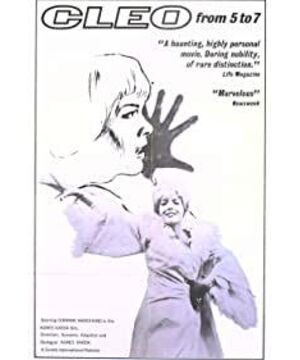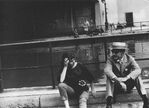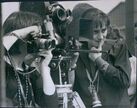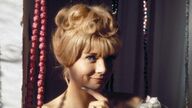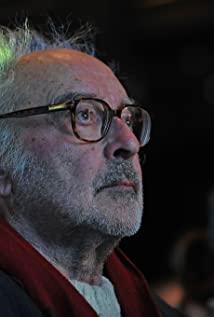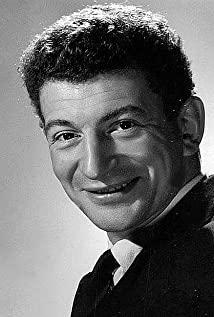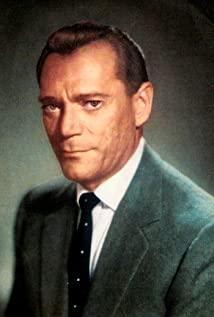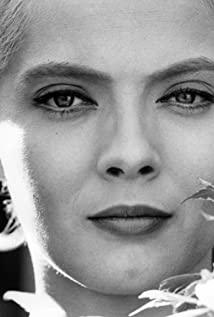I've found that good movies can't help but be reminisced and revisited over and over again. Today I always think of Cleo's beautiful and restless face in my mind, and I've come to realize the shift in the relationship between seeing and being seen throughout the film. In the first half, Cleo is the "stunner" to be watched. She looks at herself in the mirror, the pedestrians on the street turn their heads to look at her, and the camera induces the viewer's gaze through numerous close-ups and straight-on looks. It was not until Cleo put on her black dress and took off her wig that she became aware of the gazes of others and began to recall the gazes of the people she had seen before. I think naked friends have an important influence on Cleo. Cleo's fear of nudity is essentially a fear of self, "I'd feel so exposed, afraid they'd find a fault." But the attitude of friends is self and calm. Many - "My body makes me happy, not proud." With doubts and thoughts, Cleo began to learn to observe the world. She watched the streets of Paris on the way, the backs of friends, and the soldiers she met in the park. At the same time, the language of the lens has gradually shifted to the long and medium shots, and there are few moments when Cleo alone occupies the entire screen. I would interpret this relational shift as a woman's self-awakening, a metaphor from "object" to "subject". In the end Cleo was finally no longer afraid. "I think my fear is gone. I think I'm happy."
View more about Cléo from 5 to 7 reviews


